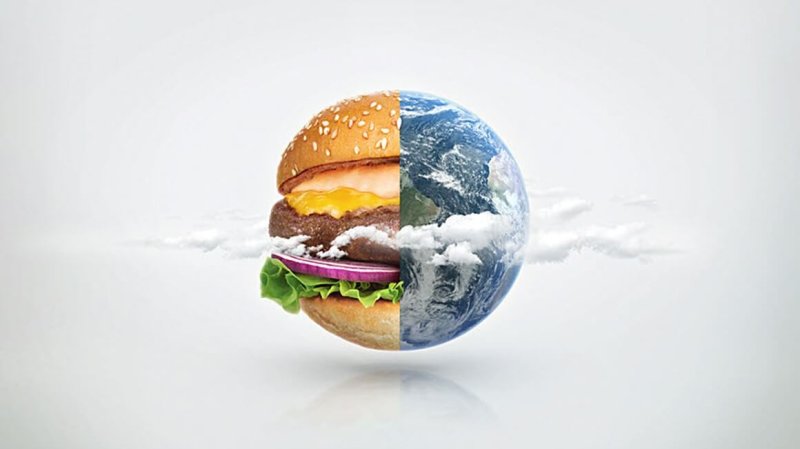Climate change is the biggest challenge of our lifetime, which we must address with urgency, but swapping out a hamburger once a month isn’t how we do it. While the burger does have an impact on our climate, which we’re working to reduce, it’s simply not the climate killer it’s made out to be.
Animal agriculture, including ruminant animals like the cows that belch methane as they digest food, has an environmental footprint. That’s a fact. According to the EPA, animal ag is responsible for 4 percent of the United States’ direct greenhouse gas emissions. Of that amount, beef cattle are in for 2.2 percent.
…
Livestock has an impact on the climate, but in reality, it doesn’t hold a candle to the damage being done by cars, trucks and planes, for instance, or by industry or by our insatiable need for electricity. Animal agriculture is a drop in the greenhouse-gas bucket, especially since American farmers have steadily reduced their impact on the environment.
In the meantime, we’re not resting on our laurels here in the U.S. Instead, we’re working on quantifying and mitigating emissions from manure and reducing ruminants’ gassiness, to put it plainly. Less gas, less burping, less methane.































